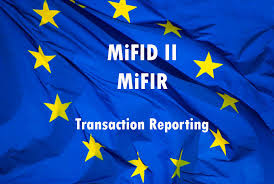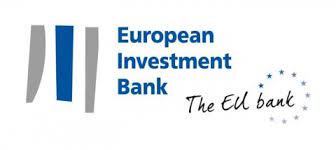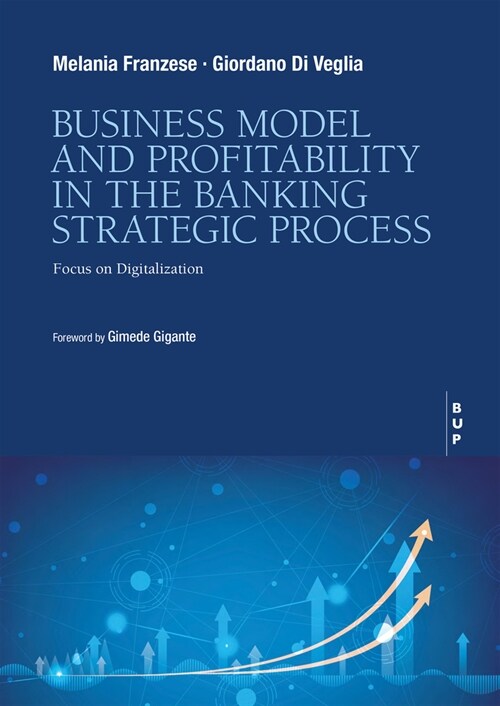The Covid-19 pandemic has a global impact and significantly affects entities and their auditors. Whilst auditors have to comply fully with required standards, the Committee of European Audit Oversight Bodies (CEAOB) wishes to emphasise certain challenges that auditors are facing due to the unprecedented scale of the outbreak, which could have an adverse effect on audit quality. CEAOB acknowledges the ESMA statement on the accounting implications of the current situation on the calculation of expected credit losses under IFRS9 as well as the statement by ESMA on the recommended actions by financial market participants, in particular those about disclosure and financial reporting. Continue reading…
Gone are the days when organisations could simply promise a speak up culture. Today, fostering a culture of trust, integrity, and a positive work environment…
Download whitepaper












Extraterritoriality and International Bribery presents a collective action perspective to explain how extraterritoriality functions and assess when, and to what extent, extraterritoriality is effective. A …
Continue reading…